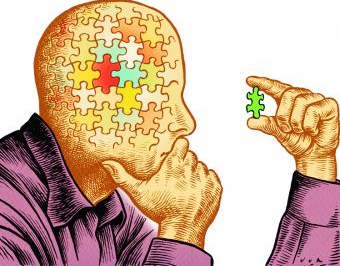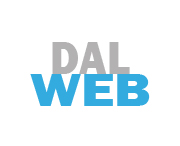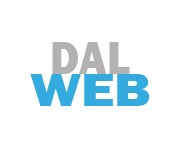The Humanities and Medicine
This piece is part of The Daily’s “The Humanities in the 21st Century” series, running from April 7-11, 2014, which explores Stanford’s relationship with the humanities and the future of undergraduate studies in these fields. The other parts of the series can be found here.
Education in the humanities is important preparation for a career in medicine. Understanding why begins with an appreciation of the critical role of the humanities in enabling each of us to have a more meaningful, thoughtful and insightful life. Through the study of disciplines such as history, philosophy, religion, literature and languages we have unique opportunities to see the world through the eyes of others who have different cultural, social and ethical backgrounds. In so doing, we gain a better appreciation of diversity and ambiguity.
Examining differences in values and reasoning enables us to reflect thoughtfully on the normative framework we have as individuals and as members of a society. The humanities challenge us to question our assumptions, examine our beliefs and develop new ways of thinking about “conventional” wisdom. This appreciation for other modes of thought enables us to see complexity and uncertainty as key elements in the process toward discovering new truths. When viewed in this context, the journey we travel becomes as important as the destinations we reach. 
Education in the humanities also provides us with unique and powerful opportunities to hone our skills of critical analysis and develop clarity of thought and expression. In every pursuit and profession, the expression of ideas is inextricably linked to the formulation of ideas. It is through written and spoken communication that we shape and refine our thoughts.
With this background, we can now inquire as to which of these reasons for studying the humanities are important in preparing for a career in medicine. The unequivocal answer is all of them. Their importance is manifested both in biomedical science and the relationship with and care provided to patients by physicians.
We are in the midst of a biomedical revolution. Multiple scientific disciplines are now focused on questions and problems important to biology and medicine. From genomics to electronic medical records, massive quantities of data about individuals and populations are now available. To obtain meaningful information from these sources requires new processes of analysis based more upon inductive and statistical methods than upon deductive and hypothesis-testing approaches. The nature of truth, the power of these inferences and the actions we should take based upon them are subjects of active discussion among scientists and philosophers alike.
These new challenges and opportunities present a host of ethical dilemmas concerning protection of privacy, consideration of treatment options when knowledge of effects and outcomes is incomplete and ways that risk factors and potential interventions are discussed. We can garner insight into all of these challenging topics from the humanities.
***
In addition to these questions arising from the rapid expansion of biomedical inquiry and discovery, there are timeless issues concerning the relationship between caregivers and our patients. Scientific advances have improved our ability to prevent and to treat many conditions, but the list of maladies for which scientifically based approaches is either incomplete or inadequate remains longer than the list of those successfully ameliorated by modern medicine.
Consider the child with autism or the adult with Alzheimer’s disease. A physician can make a diagnosis but cannot offer a cure or a satisfying answer to the question “why?” Even for conditions that we can prevent or treat, patient behavior can significantly impact the success or failure of an intervention. For the hypertensive patient, no amount of prescribed medication will impact the social factors that may be inhibiting lifestyle modification. The specificity of scientific interventions does not account for the messiness of human life.
We as physicians heal best when we listen to and communicate with our patients and seek to understand the challenges they face in their lives. The perspectives on illness, emotions and the human condition we gain from literature, religion and philosophy provide us with important contexts for fulfilling these roles and responsibilities.
In the end, this may be the most compelling reason why the humanities are important preparation for a career in medicine. Through the humanities, physicians and scientists can gain a more complete view of what it means to be human. Across time and space, we have turned to the humanities to find insight into age-old questions and to live more meaningful and thoughtful lives. In this biomedical revolution, we need the humanities now more than ever.
Articolo di Lloyd B. Minor su Stanford Daily



